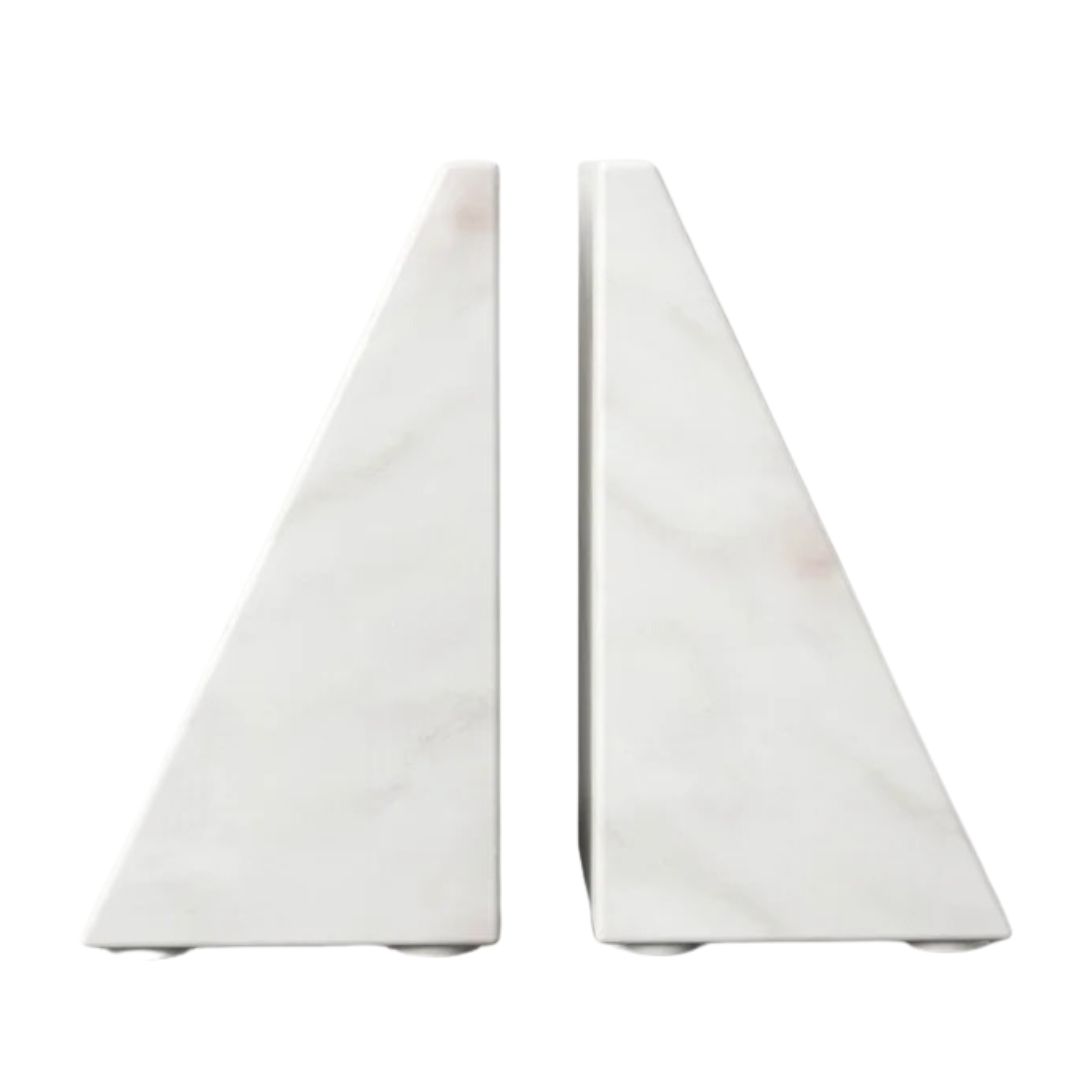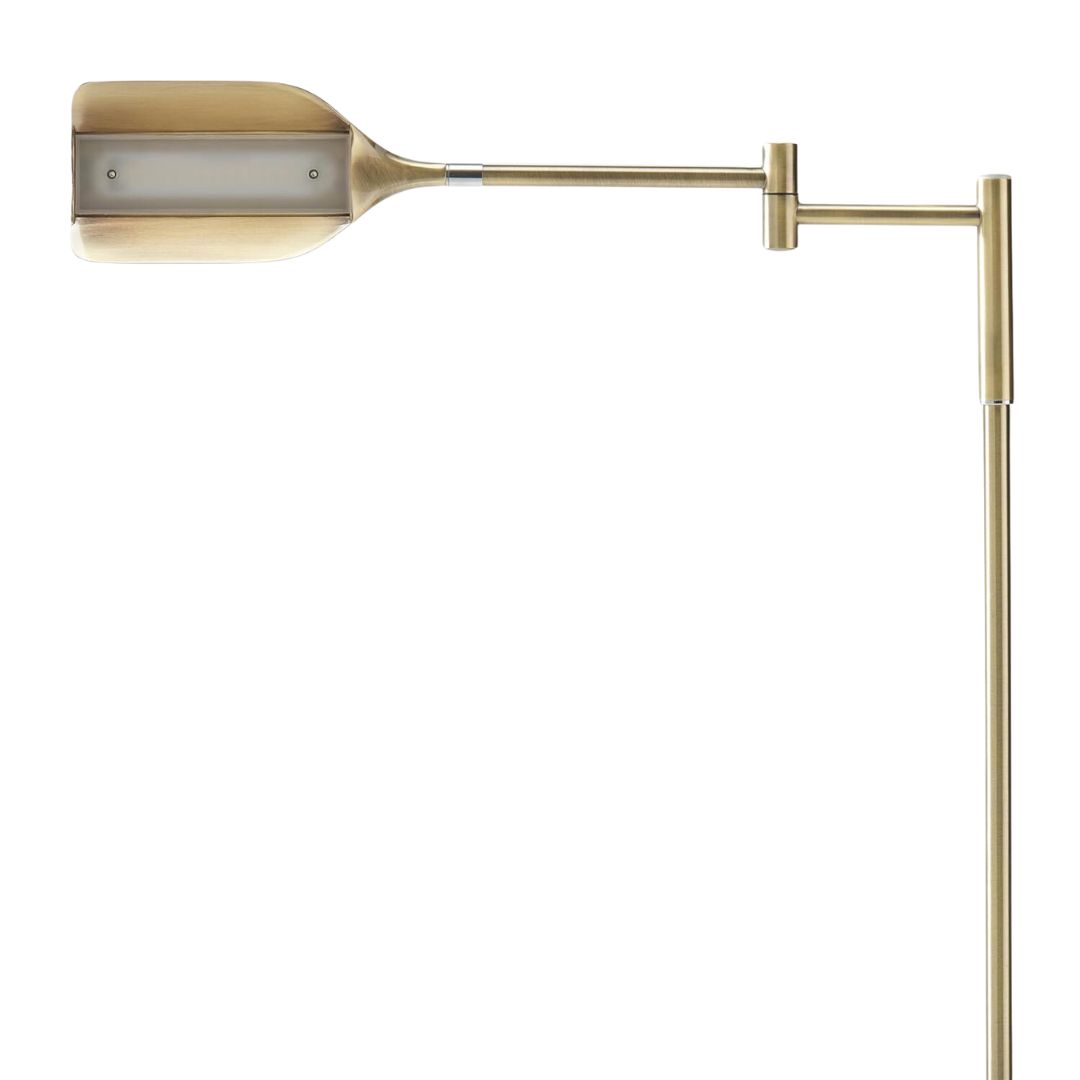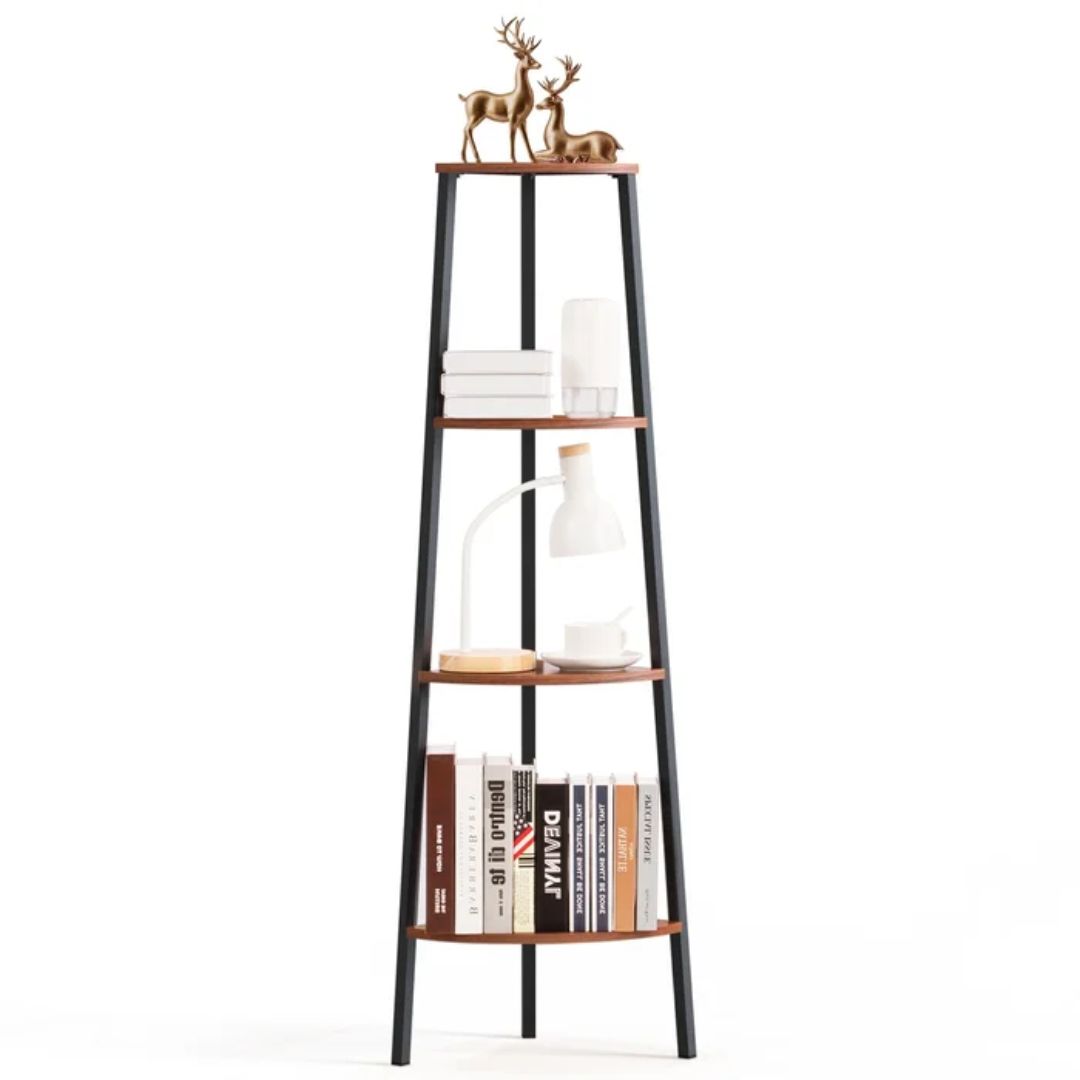Forget Watching TV - Here are 3 Ways to Make Your Living Room Better to Read in
Like the idea of curling up in your living room with a good book? Here's how designers make reader-friendly spaces

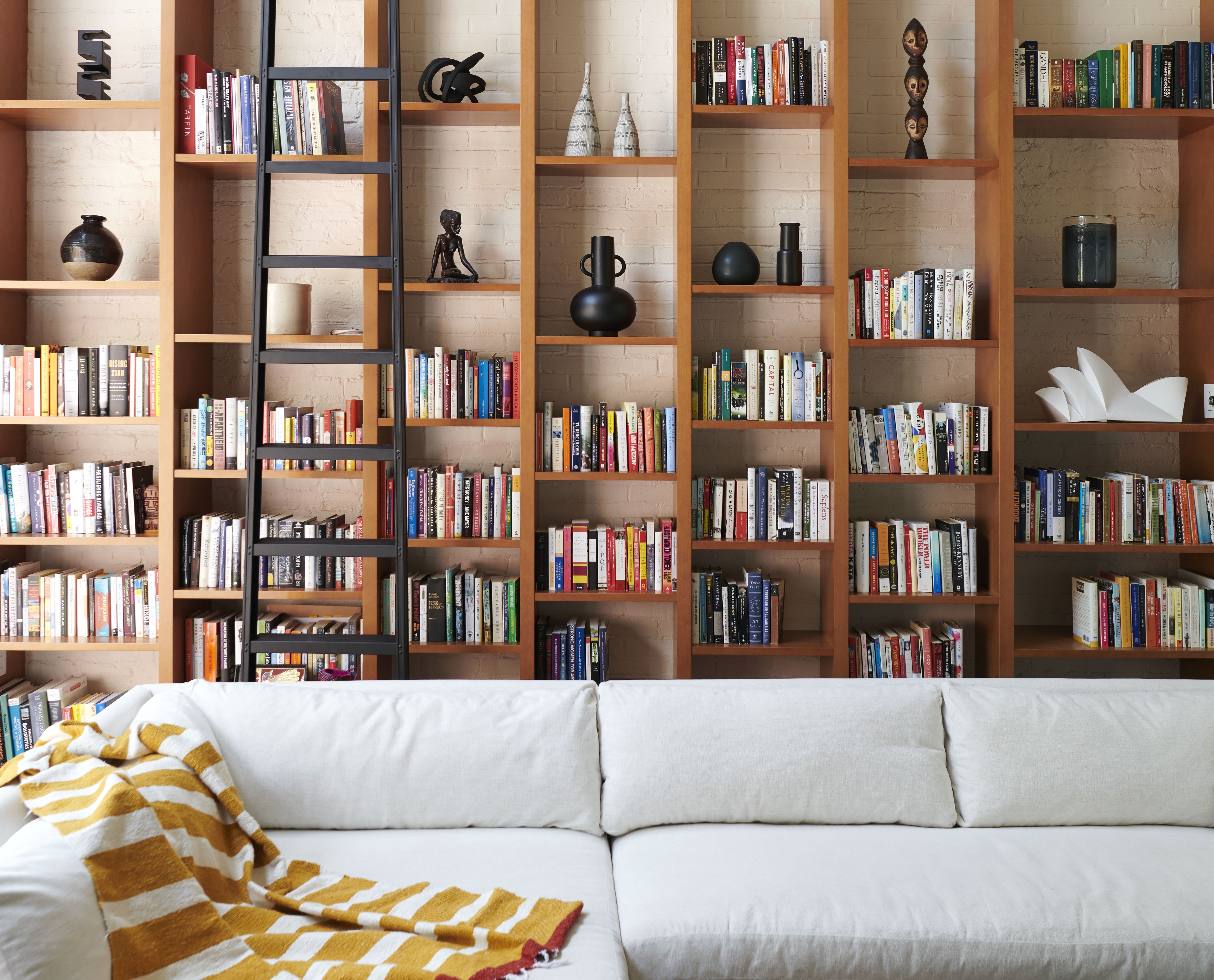
The living room is more often than not used as a multipurpose space, for parties and TV viewing. But with the inclusion of books, this space also emerges as a mini reading room, perfect for 'me time' and contemplation.
So what elements help transition this room from a party hub to a restful lounging room? We asked top designers to tell us the three most important elements that can make a living room the perfect reading spot. Here's what they had to say.
A Place for Pause
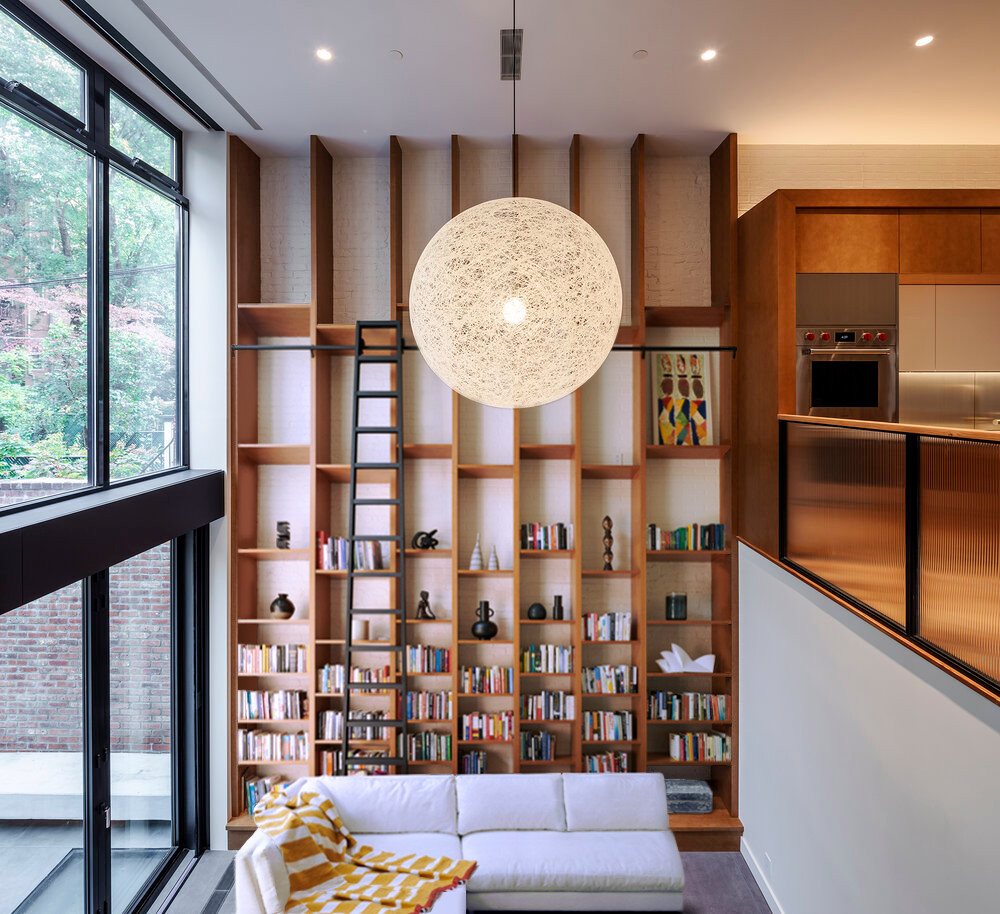
The presence of books inside the living room helps seamlessly transition this space from a busy, hectic, socialization room into one that encourages a moment to pause and enjoy quietude. 'I think a reading room within a living room offers a peaceful, relaxing moment, somewhere where you can get lost in a book but also where you can sit and be with your thoughts,' says George King, founder of George King Architects.
The room offers two contrasting yet essential needs. And in city homes where rooms are limited, a library well-adjusted in the living room can provide a breath of fresh air, and an opportunity to disconnect.
'A bookcase tells stories, rather than just looks aesthetically pleasing, and that's a far more meaningful way to live and decorate,' says Rayman Boozer, an NYC designer and founder of Apartment48.
'We do a lot of private homes and we often get a request for a cozy nook for curling up with a book,' says Jeff Sherman, co-founder of DELSON OR SHERMAN ARCHITECTS PC. 'Of course, I wouldn't say that reading rooms are replacing living rooms but there will always be a need for multi-functional gathering spaces in our homes, served by living rooms.'
A calm addition
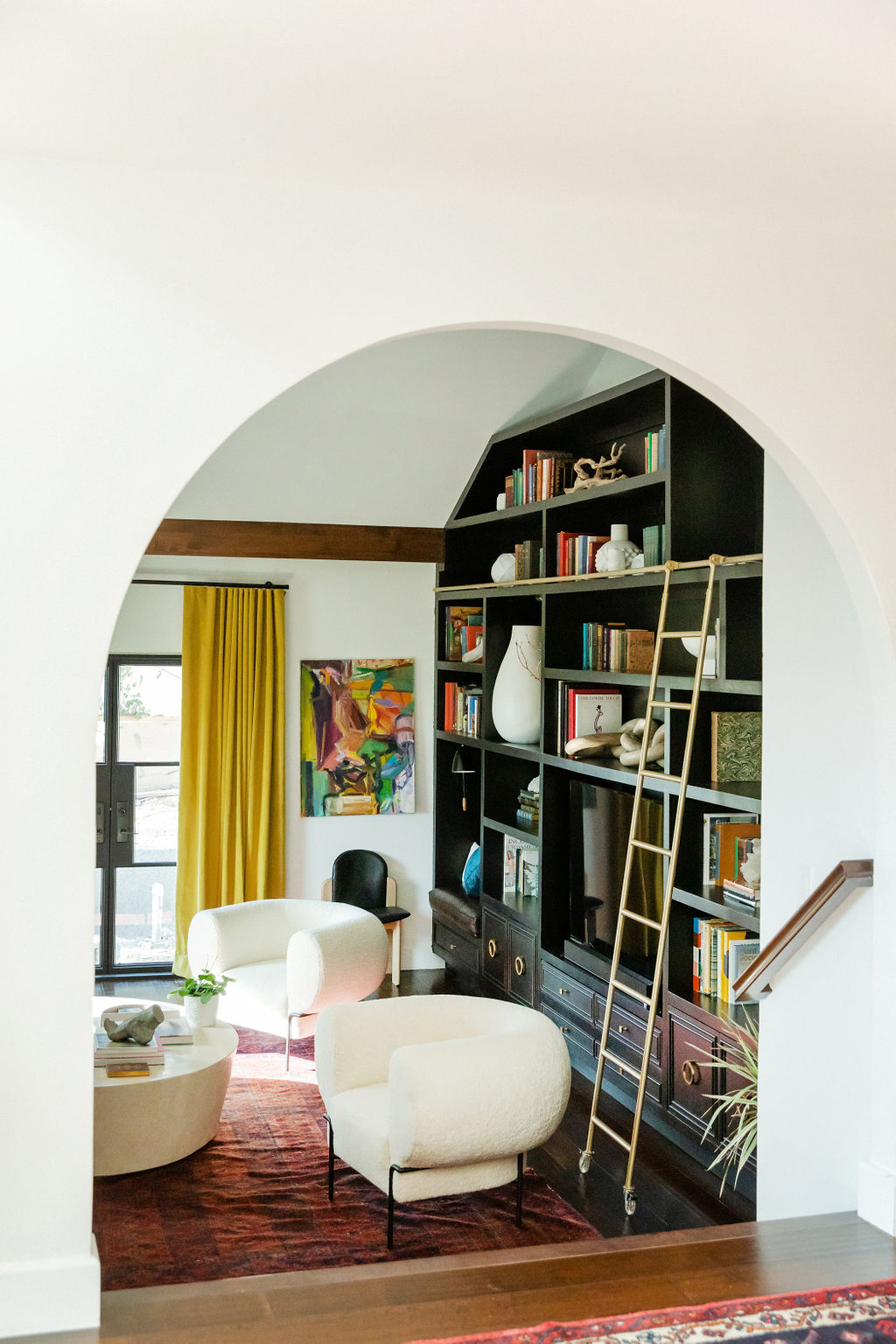
'The reading space given all its layers, creates a sense of coziness for guests and homeowners alike,' says Noz Nozawa, founder of Noz Design. While interesting book organization ideas can add an aesthetic appeal to the room, these hardcovers also reflect who you are. Old novels, poetry books, or research journals, in a subtle way, open up your personality to visitors. There's a lot that the written word can tell about you.
The Livingetc newsletters are your inside source for what’s shaping interiors now - and what’s next. Discover trend forecasts, smart style ideas, and curated shopping inspiration that brings design to life. Subscribe today and stay ahead of the curve.
Books also allow you to change the look or feel of the room too. By rearranging them or inserting artwork, plants, or curios in shelves, you can create an interior design that appeals to you as the seasons change. 'When choosing how to put books together on a bookshelf, instead of grouping by color, group by theme,' says Rayman. 'This will transform the room. Perhaps you'll put books together on a similar subject, or that remind you of a particular moment.
1. Comfortable furniture

A modern bookshelf inside a living room means that many times during the day, the room transitions into a bookworm's spot. This is why, when choosing living room furniture, designers suggest you go for pieces that allow you to kick back and spend long, restful hours without feeling uncomfortable.
'In this space, the right sort of comfortable furniture is key,' says George. 'In this room, we designed a set of bespoke modular furniture which adds to the flexibility of the space by allowing the client to reconfigure the arrangement and move the furniture around, as per his needs.'
Consider adding a chaise, or a daybed to further make this room more comfortable. Both seaters are ideal for accommodating guests during parties, and for the reader to lie down when perusing through paperbacks.
2. Practical bookshelves

'When designing living room shelves, the first question we ask is what they’ll hold?' says Jeff. 'Does the owner need to display books or art? Novels or coffee table books? Sculptures or magazines? Vases or family photos? And if it’s a combination of categories, what percent of each? These choices drive the clearance height of each shelf (sculptures need taller shelves than novels), which is critical because living room shelves should have fixed heights. Adjustable shelves are great for a closet, but they don’t look nice enough for a living room.'
Finding the best spot and design for the bookshelf apart, do spend some time decorating the bookshelf too. This will add another layer of intrigue to the overall room.
'I really like using raw and natural materials in a light and poetic way,' says Ticiane Lima, founder of Ticiane Lima Arquitetura & Interiores. 'Next to this bookshelf, we continued the design at the bottom with porcelain tiles, bringing this same concept. To decorate the bookshelf, we reused books that were going to be discarded, so we just removed the covers so that they looked all the same but the color of the paper defines that they come from different times, so each one tells its own story.'
3. Lighting
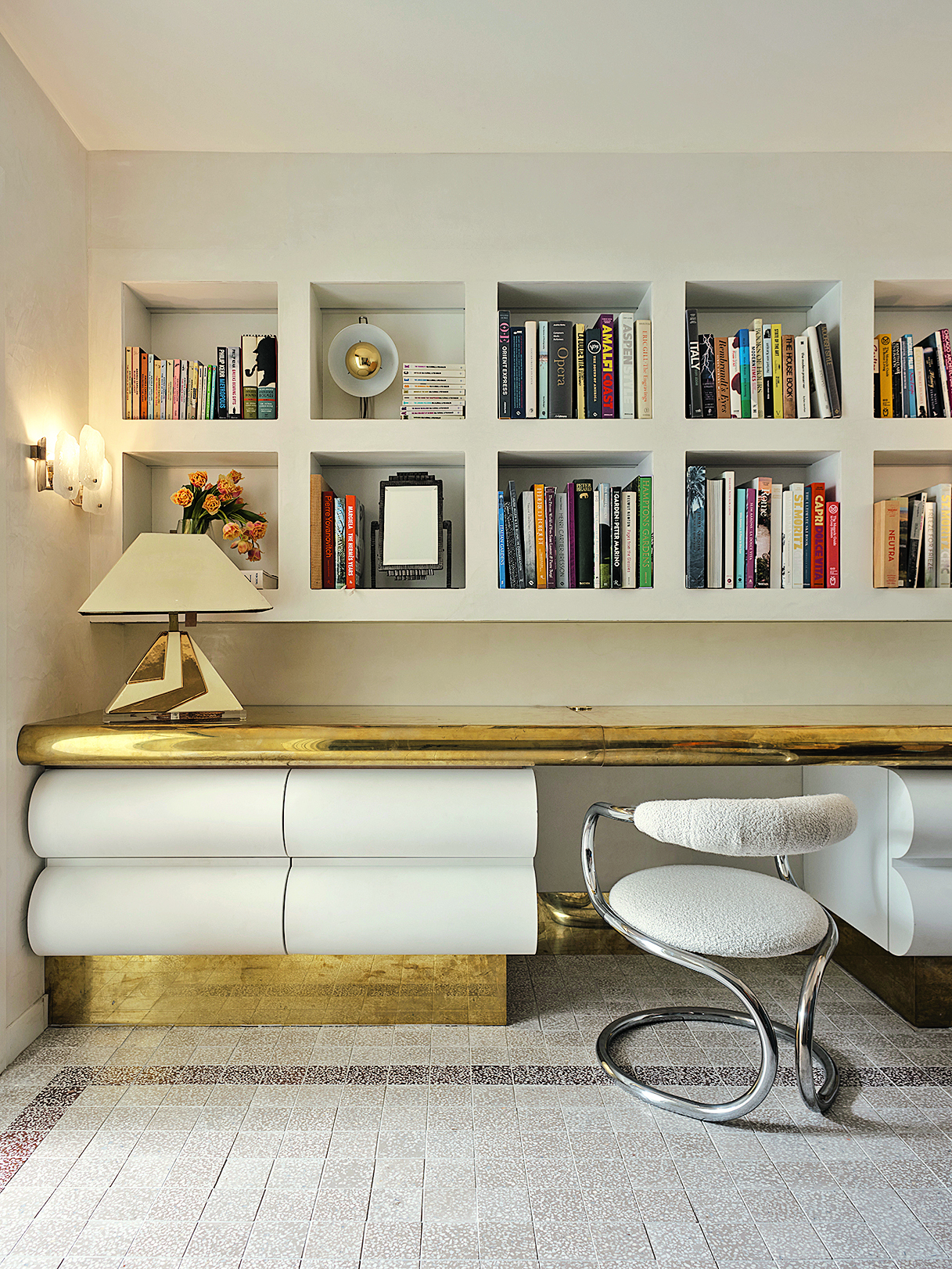
And finally, for a room integrated with a library, it's essential for it to have the right type of lighting. Ambient lighting aside, task lighting will complement your need for bright, functional illumination when reading.
'Unlike ambient lighting, task lighting does not brighten the rest of the room,' says Meenu Agarwal, founder & interior designer at MADS Creations. 'It is more functional than decorative, and is used for activities that require closer inspection like reading. When installing these lights, first, consider additional light sources in the room. This will allow you to install task lighting in a complementary location while maximizing the use of any current light sources. For example, a reading chair or a window seat on the left might benefit from a task light on its right, mostly a standing lamp, to help reduce shadows and more uniformly illuminate the room.'

Aditi Sharma Maheshwari started her career at The Address (The Times of India), a tabloid on interiors and art. She wrote profiles of Indian artists, designers, and architects, and covered inspiring houses and commercial properties. After four years, she moved to ELLE DECOR as a senior features writer, where she contributed to the magazine and website, and also worked alongside the events team on India Design ID — the brand’s 10-day, annual design show. She wrote across topics: from designer interviews, and house tours, to new product launches, shopping pages, and reviews. After three years, she was hired as the senior editor at Houzz. The website content focused on practical advice on decorating the home and making design feel more approachable. She created fresh series on budget buys, design hacks, and DIYs, all backed with expert advice. Equipped with sizable knowledge of the industry and with a good network, she moved to Architectural Digest (Conde Nast) as the digital editor. The publication's focus was on high-end design, and her content highlighted A-listers, starchitects, and high-concept products, all customized for an audience that loves and invests in luxury. After a two-year stint, she moved to the UK and was hired at Livingetc as a design editor. She now freelances for a variety of interiors publications.
